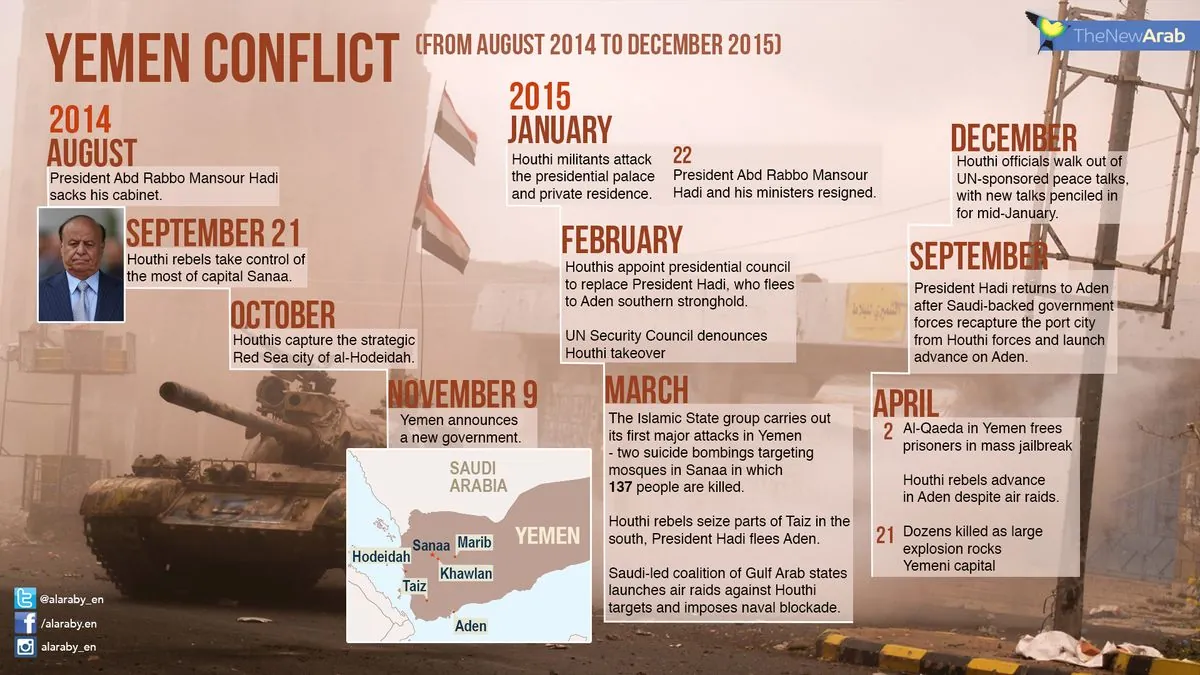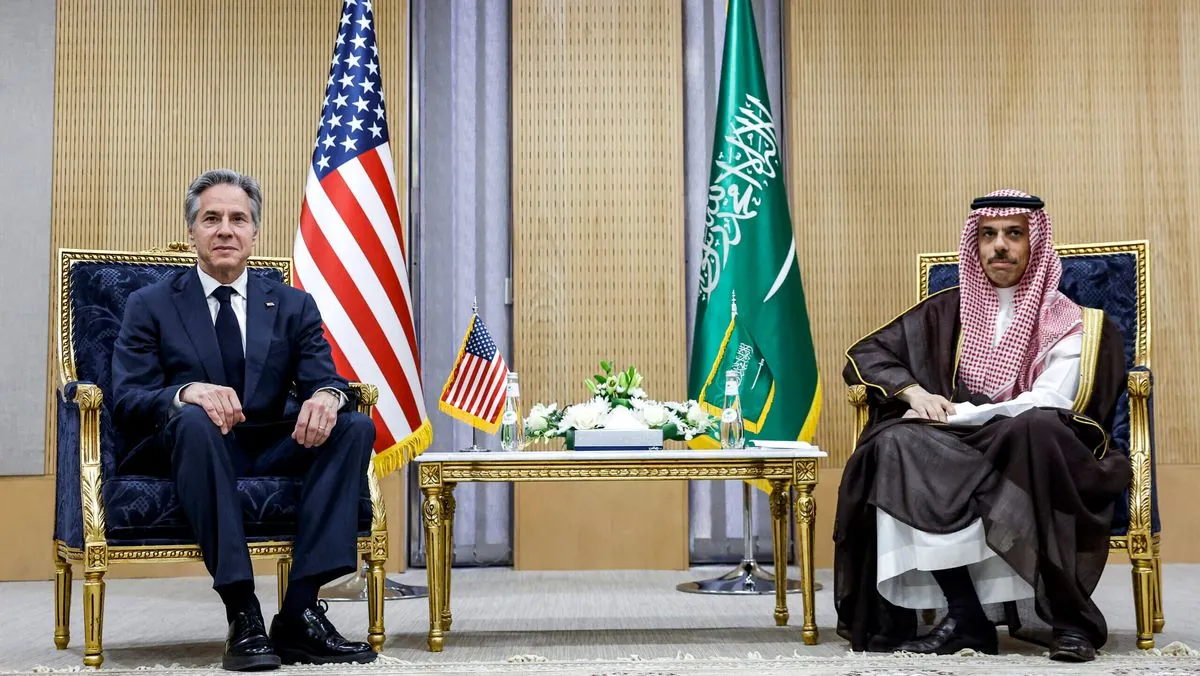US Resumes Offensive Arms Sales to Saudi Arabia Amid Regional Tensions
The Biden administration lifts ban on offensive weapons sales to Saudi Arabia, citing improved relations and strategic interests. Decision sparks debate amid ongoing Middle East conflicts and human rights concerns.

The United States government has decided to resume offensive arms sales to Saudi Arabia, marking a significant shift in its policy towards the Gulf nation. This decision comes after a suspension period of over three years, implemented in early 2021 due to concerns over Saudi Arabia's military actions in Yemen.
According to senior administration officials, the initial authorization includes air-to-ground munitions, with future transfers to be evaluated individually. This policy change reflects the evolving dynamics in US-Saudi relations and the broader geopolitical landscape in the Middle East.

The suspension of arms sales was initially imposed to express disapproval of Saudi Arabia's involvement in the Yemen conflict, which has been ongoing since 2015. However, officials note that since a United Nations-mediated truce in the spring of 2022, Saudi airstrikes in Yemen have ceased, and cross-border attacks from Yemen into Saudi Arabia have significantly decreased.
"The Saudis have met their end of the deal, and we are prepared to meet ours, returning these cases to regular order through appropriate congressional notification and consultation."
This policy shift occurs against the backdrop of complex regional dynamics. The ongoing Israel-Hamas conflict, which began on October 7, 2023, has heightened tensions in the area. Iranian-backed groups, including the Houthis in Yemen and Hezbollah in Lebanon, have escalated their activities, citing support for Hamas.
The decision to resume arms sales is part of a broader strategy to strengthen defense ties with Gulf nations. This approach aims to counter Iranian influence, protect Israel, and limit Russian and Chinese inroads in the region. It's worth noting that the United States has been the largest arms supplier to Saudi Arabia for decades, underscoring the longstanding military relationship between the two countries.

The Biden administration has also acknowledged Saudi Arabia's efforts to improve its civilian harm mitigation processes. This development is significant, considering the growing importance of minimizing civilian casualties in modern warfare.
However, the decision is not without controversy. Some lawmakers from both major US political parties have expressed opposition, citing concerns over human rights issues in Saudi Arabia. This stance reflects the ongoing tension between strategic interests and human rights considerations in US foreign policy.
The resumption of arms sales is also intertwined with efforts to normalize relations between Israel and Saudi Arabia. While progress on this front has been made, recent events, including the ongoing conflict in Gaza and the Israeli assassination of Hamas leader Ismail Haniyeh in Tehran on July 31, 2024, have complicated these efforts.
As the situation continues to evolve, the effectiveness of this policy shift in achieving US strategic goals in the Middle East remains to be seen. The decision underscores the complex interplay of regional security, diplomatic relations, and human rights considerations in shaping US foreign policy in this volatile region.


































